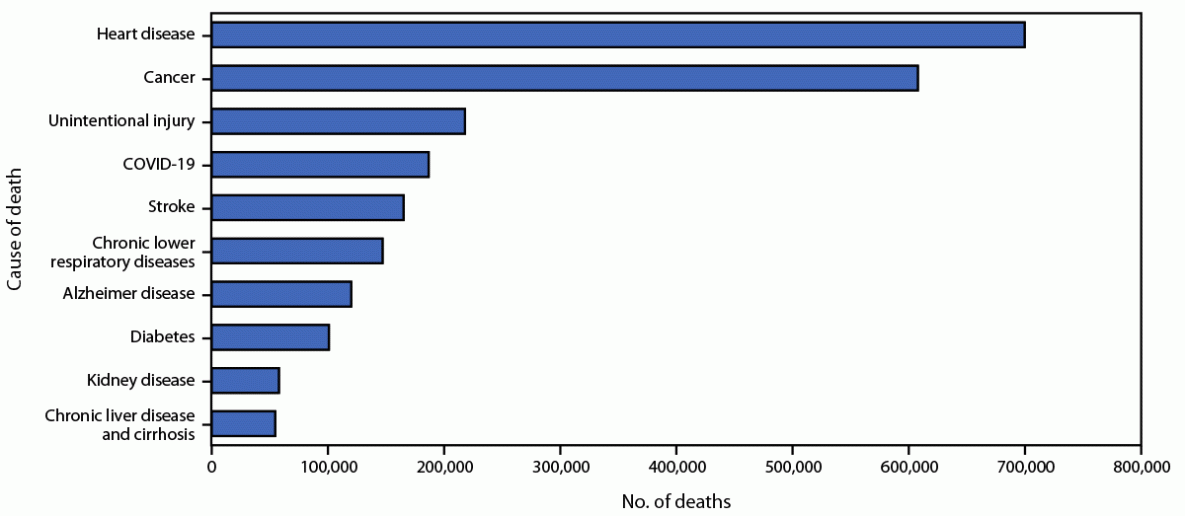What’s the #1 Health Risk You Should Focus On?
Most chronic diseases are preventable. The key is finding your #1 nemesis early.
Why Think About Risk
If you’ve made it to your 30s-40s relatively healthy and you live in one of the more modern societies, your main health risk would be limited to diabetes, heart attack, dementia, cancer, or frailty. Knowing your greatest health risks helps you focus your efforts so you can enjoy living life and age well.
A true risk assessment has to be objective, free of fear. It should tell us how high our individual risk is and which options have the greatest effect on lowering that risk.
Current Clinical Risk Assessment Tools
We have the ASCVD Risk Estimator for heart attack and stroke. We have the FRAX score for bone fracture risk. We have the APACHE II for ICU mortality.
We really don’t have too many of these validated risk tools. And yet, I use such tools every week in my practice to prioritize what matters most. When I don’t have one available to me, I come up with my own internal risk tools.
Want to know your healthy aging score? Check out this calculator I put together.
What’s Most Likely for You?
What’s your greatest chance of any medical condition over the next decade? For me, it’s likely osteoarthritis, cancer, mental health, and GI problems.
Thinking in Terms of Risk — Without Fear
I understand it’s not the most pleasant thing to do, thinking of what ‘risk’ exists when we’re trying to live. After all, life should be enjoyed. But, assuming we have some say in how we age, it’s helpful to know which conditions we can have the most impact on.
From the list above, it’s fair to say that if you’ve made it into your 30s and 40s (the majority of my patients in my practice) without any disease, your biggest risks in descending order are:
Heart disease
Cancer
Stroke
Diabetes
Dementia
Kidney failure
Liver failure
Lifestyle Changes vs. Medications
“How do I know if I need medications? Should I start them now or wait?”
This is often the biggest conundrum for my patients. Taking it at face value, Western medicine almost always will recommend medications. That’s because research studies are profit-driven to answer that exact question.
If the risk is high enough, medications can be almost magical. But if the risk is moderate, the value is diluted, and if the risk is low, side effects dominate.
Lowering Your Greatest Risk
If I really enjoy steak and I have a low risk of colon cancer or heart disease, what’s the value of changing my diet? If my biggest health risk is depression or dementia, I’d rather focus stronger social bonds, cognitive engagement, and good sleep.
If diabetes is rampant in your family resistance training, calorie-balanced meals, and a healthy body composition is more valuable than worrying about cardio or your desert choices.
We can approach risk not just from a lifestyle factor but also technology - which medication or treatment or screening protocol exists that can help me lower my biggest health risk? Those are the deep, long conversations worth having with your clinical expert.
Conclusion: Putting It Into Practice
We don’t have enough hours in the day and life is too precious to control every risk factor, but we can manage those that mean the most to us.
This is the closest I’ve gotten to live without fear in my own personal life. Could I die from a stroke? Definitely. Pulmonary embolism? Absolutely. Drunk driver MVA? Yes, unfortunately. But I don’t think those are my greatest personal risk factors.




